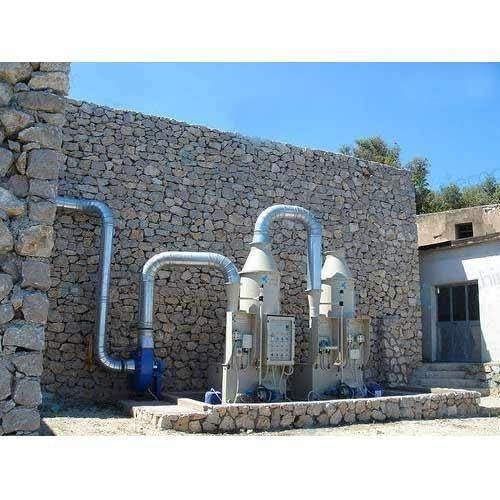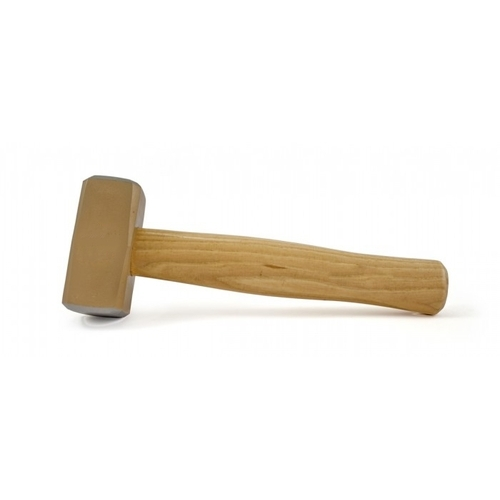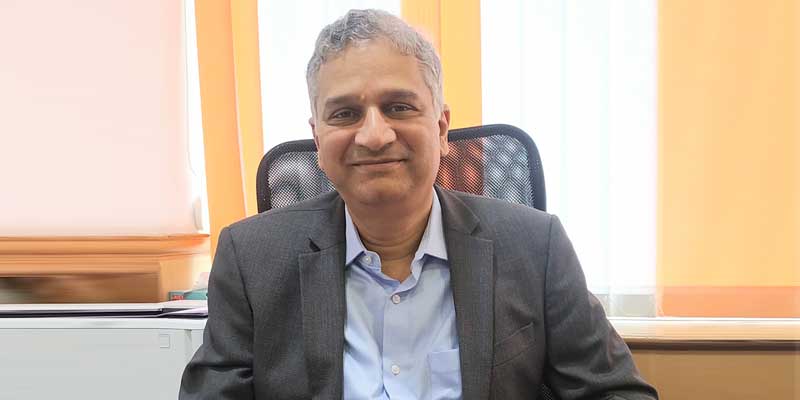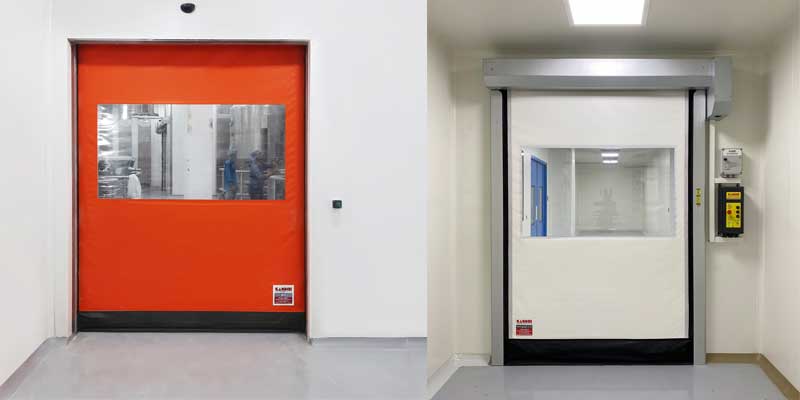Schedule a Call Back
We want to form clusters that can be developed into major industries
 Interviews
Interviews- Sep 03,15
MSMEs contribute 45 per cent to manufacturing output and 40 per cent to exports while employing more than 100 million people. The Confederation of Indian Industry (CII) Pune has 170 MSME members and the CII MSME Panel was initiated with the vision to make CII a strategic partner of MSMEs for successful business revival and growth with a tagline 'CII - Behind Every Successful MSME'.  During the first phase after its inception, the focus of the panel remained on initiating different modules and sessions for increasing awareness on many aspects of work beneficial to MSMEs. It organised sessions focusing on 'Package Scheme of Incentives 2013 of the Government of Maharashtra' and 'Empowerment of SMEs through ICT Intervention'. Now, the focus is on providing specific training modules to those engaged with the medium and small-scale industries so as to make them capable of being globally competitive.
During the first phase after its inception, the focus of the panel remained on initiating different modules and sessions for increasing awareness on many aspects of work beneficial to MSMEs. It organised sessions focusing on 'Package Scheme of Incentives 2013 of the Government of Maharashtra' and 'Empowerment of SMEs through ICT Intervention'. Now, the focus is on providing specific training modules to those engaged with the medium and small-scale industries so as to make them capable of being globally competitive.
An interview with Shrikant Bairagi, Convenor, MSME Panel, Confederation of Indian Industry-Pune and Managing Director, Tremec India Automotive (P) Limited, about an initiative taken by the CII to provide training to those engaged in the MSME sector. Excerpts from the interview:
Could you elaborate about the training programme initiative?
We have flagged off a project to provide training in various spheres to the MSME sector so as to equip them to match the demands arising out of the industry for enhanced skill levels. During the current year, the panel had meetings with SMEs in different clusters starting with Talawade as a primary cluster. The objective of the panel now focuses more on the basic needs of the issues and concerns pertaining to the cluster. As a matter of fact, we arranged different sessions on benefits for SMEs by SIDBI, National Small Industries Corporation Ltd., and also organised an address by Sadashiv Survase, Joint Director, District Industries Centre.
With a renewed focus on the MSME sector we want to form clusters that can be developed into major industries. The objective of the panel is also to understand the pain areas of the MSMEs and then prepare an action plan based on their needs. The training modules embrace all levels of the industry, right from production floor to senior management and includes aspects like lean manufacturing, application of Kaizen, Six Sigma, sustainability, cost-effective waste disposal, environmental concerns, talent retention, etc.
Why do you think such programmes are necessary at this stage?
If you look at the larger picture of how Indian industry is developing, the SMEs, in particular, are finding themselves squeezed into a corner when it comes to volume-driven contracts. For instance, deals are struck at highly competitive prices for huge volumes but along the way such volumes may not materialize due to several reasons and then the SMEs find themselves trapped into bearing higher costs for lower volumes, which eats into the profitability. Therefore, we are providing inputs to the SMEs for them to shift from such traditional cost models to new ones that can take into account the entire process of manufacturing right from raw material to the various add-ons that make a part of the production journey. For instance, we have now invited renowned financial expert Dr Anil Lamba to give a talk on how to properly manage the entire financial structure of running a company.
Do you feel that even technically qualified people are at a loss when it comes to the brass tacks of running an industry?
For the first generation of entrepreneurs who otherwise may be technically sound, running a business is always a new experience where the chances of making errors are always present. The business environment has become very dynamic and therefore SMEs need to be in tune with the way the curve is shaping out.
How has the coming of MNCs changed the equation for the MSMEs?
There have been a lot of positives associated with the setting up of manufacturing operations by the MNCs. For example, the smallest of component manufacturers who now want to become suppliers and vendors for the MNCs have to be very conscious about quality, delivery and technology. This has helped them enhance their skill levels and the process is making them capable of achieving global standards. In fact, many such MSMEs are now exporting their products to countries where earlier it would have been unthinkable to do so. The MNCs have therefore thrown open several opportunities for the MSMEs to grow substantially.
Unfortunately, there are also some who have fallen out of the race because they were unable to find the funds to invest in new technologies and production platforms or attract better talent. On our part, our training programmes also comprise modules whereby we keep them informed about the various funding and finance schemes available from government and banking sources so that they can invest in enhancing their infrastructure.
Do you think such training programmes will also attract more talent to Pune?
Even though our current programmes are focused on Pune, we have had people coming from places like Kolhapur, Satara, Sangli, Solapur and other cities who want to learn of new things that can help them run their units more efficiently so as to partake of more opportunities for growth.
Are there any particular sectors where training is deemed more necessary?
Pune is an automobile and engineering hub and a greater share of the demand for training comes from these sectors. But then there is demand from other sectors too. For example, even small pharmaceutical or chemical units need to become globally competitive or cost-efficient and therefore the principles of management remain the same across the board. What CII Pune has done is to keep such training programmes financially very reasonable for both members and non-members so as to attract everyone. For example, a recent programme on talent management had a fee of only Rs 500.
How does this tie up with the 'Make in India' campaign?
It does in a very big way. The MSME sector is India's largest generator of jobs and contributes up to 45 per cent of the country's manufacturing output. Therefore, empowering the MSMEs with the right tools to become globally competitive will directly contribute to the 'Make in India' campaign and also add to the country's GDP.
Related Products

Venturi Scrubber
AQC Systems Pvt Ltd is a manufacturer and supplier of a wide range of venturi scrubbers.

Automatic Self Adjusting Pipe Wrench
Solsons Exim develops automatic self-adjusting pipe wrench, 9”.

Sledge Brass Hammer
Manomay & Co offers a wide range of sledge brass hammer.















